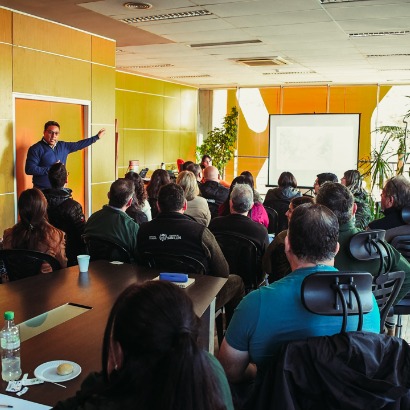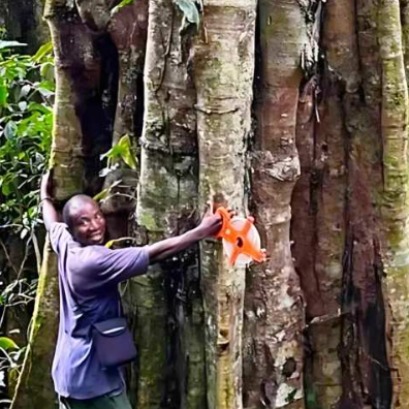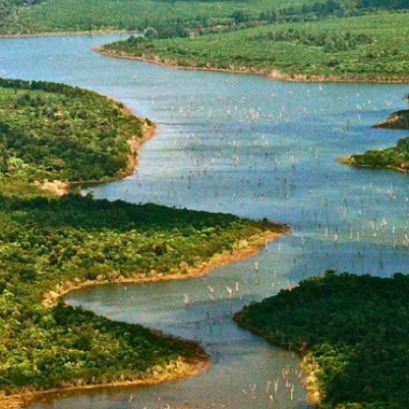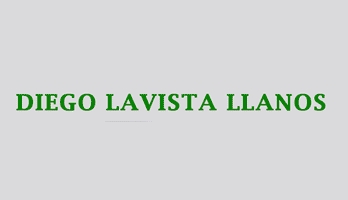
Successful training on technical and professional guidelines of native forests
The first meeting was intended for the body of inspectors, biodiversity technicians, workers from protected natural areas, fire and fauna care, environmental education technicians, drivers and technicians of the Sustainable Development Sub -Directorate
The formative space had the main objective of improving the institutional response to deforestation, articulating common knowledge, resources and practices for a more effective and coordinated management of the native forest. In the same way, the technical and legal tools for the care and protection of our natural environment were addressed. We are facing a context that challenges us to act with commitment, knowledge and planning. Forests are not only biodiversity reserves, but also sources of life, culture, identity and livelihood for our communities. Therefore, we believe it is essential to obtain technical and legal tools to achieve teams trained capable of identifying criteria for the implementation of the law, said the Sustainable Development Deputy Director, Daniela Montalvini, in the opening of the formation. The management of native forests focuses on the management and sustainable use in search of balancing the conservation of biodiversity and the provision of goods and services with the needs of the communities that inhabit the needs of the communities. For this, it is important to plan, monitor and evaluate human interventions in forest ecosystems to achieve specific objectives related to environmental conservation, economy and society. Through this space, we seek that participants acquire practical tools for the recognition of native forest, the identification of different types of interventions and the appropriate record in inspection acts. Likewise, basic knowledge about georeferencing, use of GPS, navigation applications such as Google Earth, interpretation of satellite images and vector files (such as KMZ) will be provided, together with fundamental theoretical concepts for the interpretation of coordinates. All this in order to consolidate a more effective, coordinated and technically solid institutional response against the problem of deforestation, the exhibitors pointed out.
IT MAY INTEREST YOU
 Botanists discover giant trees up to 3,��� years old in Tanzania, unknown until now by science
Botanists discover giant trees up to 3,��� years old in Tanzania, unknown until now by science
Scientists have identified a new species of giant tree, Tessmannia princeps, in the Udzungwa Mountains. This species had never before been recorded by science.
 Missions | New illegal felling in the Piņalito Provincial Park in San Pedro reveals the silent expansion of deforestation in protected areas
Missions | New illegal felling in the Piņalito Provincial Park in San Pedro reveals the silent expansion of deforestation in protected areas
The advance of deforestation on protected areas was once again evident this week in the Piņalito Sur Provincial Park, in San Pedro, where the Ministry of Ecology and Renewable Natural Resources confirmed a new case of selective illegal logging. The event occurs in a context of growing concern about the fragility of the environmental control system in rural and border areas, where the scarcity of resources, personnel and logistics limits the capacity of surveillance against criminal organizations organized to steal native woods and market them on the black market in connivance with sawmill owners.
 The second largest wetland in South America is located in Argentina: what is it?
The second largest wetland in South America is located in Argentina: what is it?
Argentina has national parks that place it in a unique position within South America, competing with 300 others. Which is the largest? South America is home to more than 300 national parks, but many go unnoticed. There are extensive wetlands that have been the subject of major ecological restoration projects, to coastal mountains with deep indigenous heritage. Today we tell you the case of one located in Argentina.





















